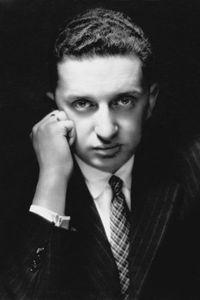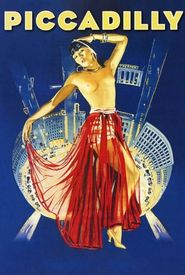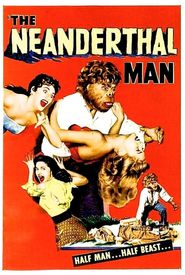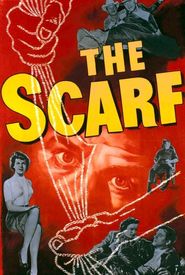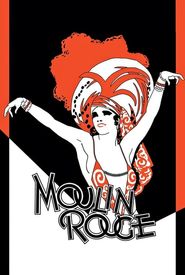German film director E.A. Dupont's illustrious career was preceded by his influential work as a critic and newspaper columnist. Before transitioning to the film industry, he penned several screenplays and served as a story editor for Richard Oswald. His directorial debut in 1917 marked the beginning of an eight-year tenure as a respected exponent of the German expressionist movement. Notably, his film Variety (1925) garnered widespread acclaim for its innovative lighting effects and fluid camera work. Following his success, Dupont left Decla-Bioskop and joined Universal in Hollywood, where he completed only one film before crossing the Atlantic once more to sign with British National Pictures in 1928.
As the leading director for British National Pictures, Dupont demonstrated his visual flair in two prestige productions: Moulin Rouge (1928) and Piccadilly (1929). The latter was the most expensively made picture by BIP up to that point in time. However, after the advent of sound, Dupont's career began to falter. His first "talkie," the "Titanic" story Atlantic (1929),which was shot in both English and French, was an expensive flop due to poor dialogue and stilted performances.
Undeterred, Dupont attempted to revive his career with his next two ventures, one in France and the other in Germany, but they received even worse critical reception. He then ventured to Hollywood, working for Universal, Paramount, and Warner Brothers, but critical success eluded him, as most of his assignments were low-budget second features. After being fired from the set of Hell's Kitchen (1939) for slapping a junior member of the cast who had mocked his accent, Dupont spent most of the 1940s in Hollywood as a talent agent and publicist.
He eventually resumed his directing career with an offbeat minor film noir, The Scarf (1951),and a watchable precursor to The Flight of the Phoenix (1965),The Steel Lady (1953). Notably, among his last films was the notorious sci-fi stinker The Neanderthal Man (1953). E.A. Dupont passed away in December 1956 due to complications from cancer, bringing a close to his remarkable yet tumultuous career in the film industry.
